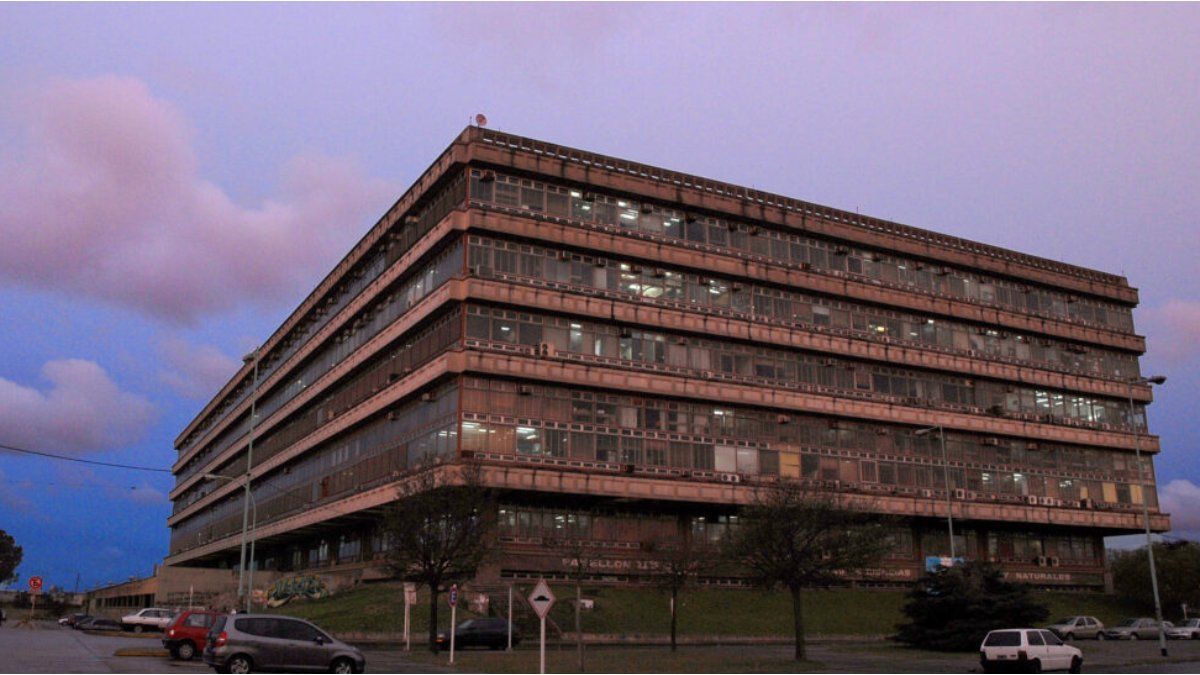Education is an activity that has a very high salary component in its operating costs. According to the Rectorate,At the UBA, the payroll represents 90% of total expenseswhile utility bills or investment in infrastructure, both, barely reach 10%. Even with laboratories in many different courses and faculties. So, clearly, it is an intensive activity, strategic for the country, which needs to review its economic equation.
It takes many years to train these teachers, the instability or decrease in public salaries discourages them and the public university is the one that sets the salary parameter for the entire system. The decrease in the salaries of national university teachers will also cause the salaries of private university teachers to decrease. It is a very interconnected market.
If those who dictate university policy do not respect teaching, society will hardly be able to respect it. And even less so will it be a career that someone chooses. Vocation is not enough: to have the best teachers you have to pay well.
But the interpellation to the political leadership of all spaces that the Argentines made to us at the polls last yearwho overwhelmingly supported a candidate who told them with brutal honesty that he was going to close public universities, It cannot be answered only with an action that attempts to rescue free public education from a brutal adjustment that sets management priorities backwards.
We cannot deny this questioning by many Argentines, so the next urgent step must be to debate what model of university we want, what careers we need, what link these professions should have with the productive sectors. There is much to review and correct, too much to interpret from the electoral message of those fathers, mothers and teachers who gave us a huge warning.
Let us begin by recognizing that there is a lot of bureaucracy in universities and that there are also castes in them, just as there are in the political and economic spheres, in social organizations, in the judiciary and in many other areas of public and private order.
In the university field, there are competitions that are not renewed, the same people always win, there are courses that are not modernized, with curricula that have been stagnant for decades, modern methodologies that are not used due to lack of investment in technology. A comprehensive review is therefore required to seek to respond to the expectations of many people who, with great effort, help their children to reach that stage. With the law we passed, we are not going to have more efficient, more modern universities, with laboratories, with virtual platforms, with access to technologies that bring content closer to students. We are barely going to have universities with teachers with a slightly more decent salary.
The core of this law is the investment that the State makes in public universities, but we must also put ourselves in the shoes of the investment made by those who study, by those families, by grandparents, by mothers, by fathers, who help their children to access a professional career.
That is the investment that I would like to see taken into account when we talk about public and free universities. As a national deputy, I voted for the creation of many public universities. I have defended the university budget every time I have had to decide on national budgets. It is from that position that my opinions are based on my actions.
Always with an eye on the National University of Jujuydefending its resources, convinced that it is a provincial and regional added value that we must care for and preserve.
Despite some opportunistic detractors, in these political times that seek to delegitimize the quality of education, The achievement is that no one doubts that the Argentine university is an example in Latin America and in the world.also because it maintains a firm commitment to the training of free, critical professionals who respect the rule of law. It is now necessary to reconvert it into a university that trains for the world of work.
People want their children to go to university to become professionals because they believe in upward social mobility, they expect an education that dignifies and multiplies the initial vocation and particularly within the Argentina They bet that those new professionals stay on their lands to improve themgenerating innovation and productive development.
This upward social mobility cannot be an empty speech: it has to be a reality that becomes a reality in people’s lives because if not, there is no way to understand the support of many Argentines for a political project that promoted emptying higher education of content and that this support has arisen from families in Tilcara, La Quiaca or Palma Sola, in the middle of the sugarcane fields of Jujuy.
Closing universities is definitely not the way forward, it is not a political decision and not having university policy and investment from the State is not a solution either.
A rich region that tastes of poverty
As a national deputy, I presented the project for the creation of the National University of the Yungas and I will reiterate this initiative now from my position as a national senator because I am convinced of the extreme need for collective achievement that this region of Jujuy has along with the north of Salta.
It is one of the poorest areas in socioeconomic terms of its people, with higher unemployment, less roots, and temporary workers dedicated only to primary production.
Among the range of Opportunities that lithium opens upin the triangle that they compose Argentina, Bolivia and Chilewith our national reserves concentrated in Salta, Jujuy and Catamarcain more than 870 thousand hectares available, it is essential that we have an education that trains and specializes for the lithium production chains and their service providers, allowing the generation of added value and quality work in our provinces in northwestern Argentina.
Likewise, the agricultural area of Jujuy par excellence needs university courses that train for the agroindustry, in the marketing of our products and crafts; technical courses and short courses aimed at the tourism market; or specializations in environmental sciences, because in the region we have native forests and we still do not have professionals trained in this area, beyond the academic offerings that are insufficient.
We can take this exposed crisis of the system as a new opportunity. With sufficient salaries, quality education, with the necessary audits so that society as a whole knows that the funds are spent where they should be. With classrooms full of students who participate in improving universities, who do not have to fight against outdated structures and immobilizing cliques.
The challenge is: can universities take on this active social role?
Will they be up to the task of assuming their geopolitical influence and connecting with this social demand not only to make individual projects a reality, but to build a society that grows, develops and can overcome all these absurd limitations that we have reached simply because we are unable to see what the flaws of the system are?
In the question lies the answer.
National Senator for the province of Jujuy
Source: Ambito
David William is a talented author who has made a name for himself in the world of writing. He is a professional author who writes on a wide range of topics, from general interest to opinion news. David is currently working as a writer at 24 hours worlds where he brings his unique perspective and in-depth research to his articles, making them both informative and engaging.




